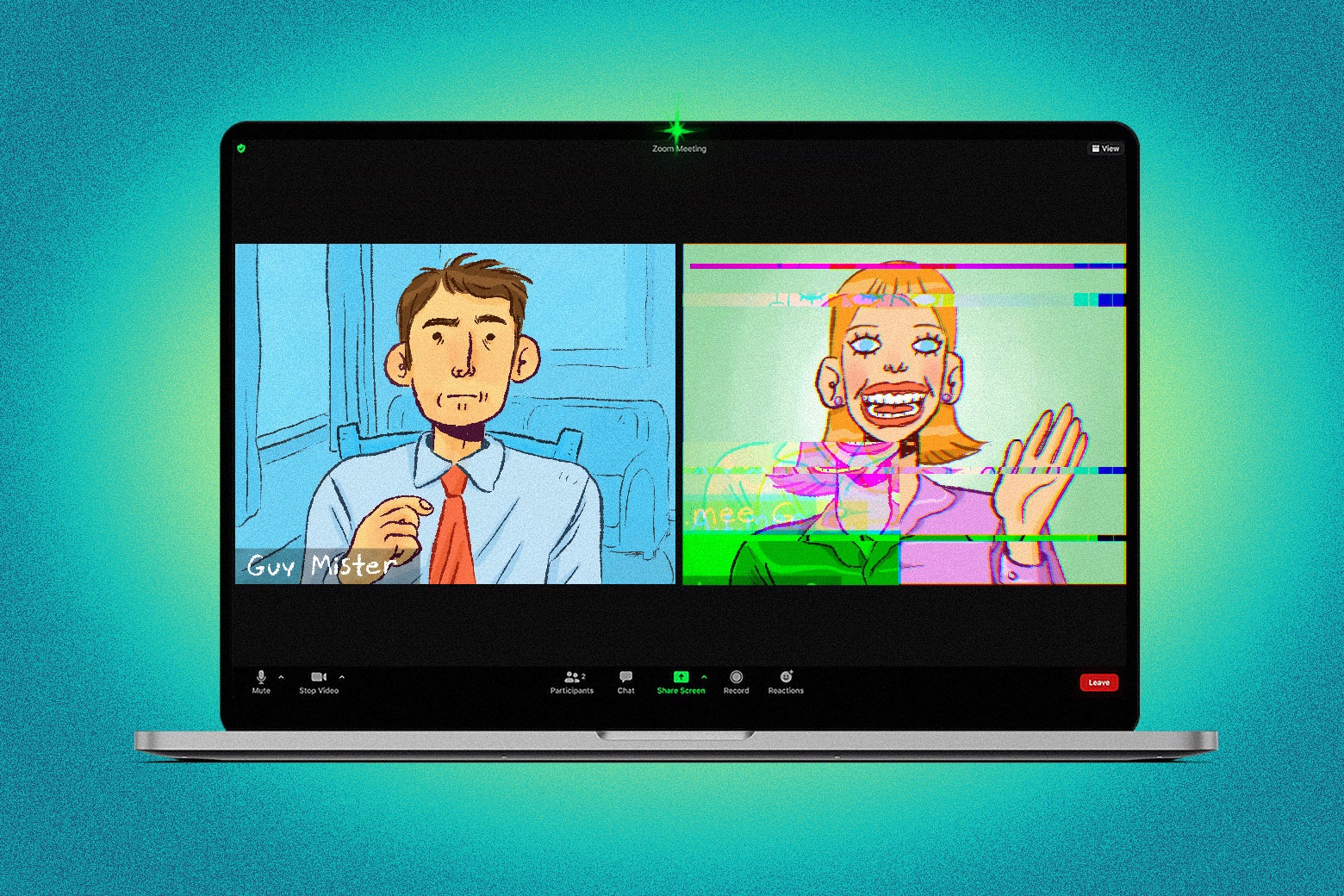Artificial intelligence is revolutionizing the hiring process, with 86% of employers now using AI-powered tools to screen candidates, according to a 2023 Harvard Business Review study. From automated resume scanners to video interview algorithms, job seekers must adapt to this technological shift. This article examines how AI interviews work, their growing prevalence across industries, and proven strategies for candidates to succeed in this new era of recruitment.
The Rise of AI in Hiring: From Screening to Decision-Making
Companies like Unilever, Hilton, and Goldman Sachs have adopted AI interview platforms such as HireVue and Pymetrics to process thousands of applications efficiently. These systems analyze:
- Verbal responses (word choice, tone, fluency)
- Facial expressions and micro-expressions
- Speech patterns and vocal pitch
- Typing speed and content in written assessments
A 2024 LinkedIn Talent Solutions report reveals that AI-assisted hiring has reduced time-to-hire by 70% for early-career roles. However, Dr. Sarah Chen, an organizational psychologist at MIT, cautions: “While AI eliminates human bias in some areas, it may introduce new biases based on the data it’s trained on. Candidates from non-traditional backgrounds often face disproportionate rejection rates.”
How Candidates Can Optimize for AI Interviews
Job seekers must approach AI interviews differently than traditional ones. Career experts recommend these strategies:
- Keyword optimization: Mirror language from the job description in responses
- Pacing: Speak clearly with moderate speed (140-160 words per minute)
- Visual presentation: Maintain neutral facial expressions and steady eye contact with the camera
James Rodriguez, a tech recruiter with 15 years of experience, notes: “The best candidates treat AI interviews like SEO—they understand the system’s parameters without losing authenticity. It’s a delicate balance between playing the game and staying genuine.”
Controversies and Ethical Concerns
Despite widespread adoption, AI interviewing faces significant pushback. The Equal Employment Opportunity Commission (EEOC) launched 22 investigations into AI hiring discrimination in 2023 alone. Key concerns include:
- Algorithmic bias against accents, disabilities, or atypical speech patterns
- Lack of transparency in scoring criteria
- Potential for candidates to “game” systems with coached responses
In response, California and New York have proposed legislation requiring companies to disclose AI use in hiring and undergo annual bias audits.
The Future of AI-Powered Recruitment
Gartner predicts that by 2025, 60% of corporate interviews will occur via AI platforms. Emerging technologies like:
- Emotion recognition AI
- Virtual reality assessment centers
- Blockchain-verified credential checks
are poised to further transform the landscape. Meanwhile, workforce development programs are scrambling to integrate AI interview training—community colleges in Texas and Ohio now offer simulated AI interview labs.
Adapting to the Algorithm: Next Steps for Job Seekers
As AI becomes entrenched in hiring, candidates should:
- Research which AI tools target employers use
- Practice with free platforms like Interviewing.io or Yoodli
- Request human review if rejected by AI systems
While AI streamlines recruitment, human judgment remains crucial. As the Society for Human Resource Management advises: “Technology should enhance hiring, not replace the nuanced evaluation of candidate potential.” For those navigating this new frontier, success lies in understanding the algorithms while preserving the irreplaceable human elements of professional connection.
Call to Action: Have you encountered AI in your job search? Share your experiences with #AIHiringStories to contribute to the ongoing conversation about equitable recruitment practices.
See more Business Focus Insider Team

